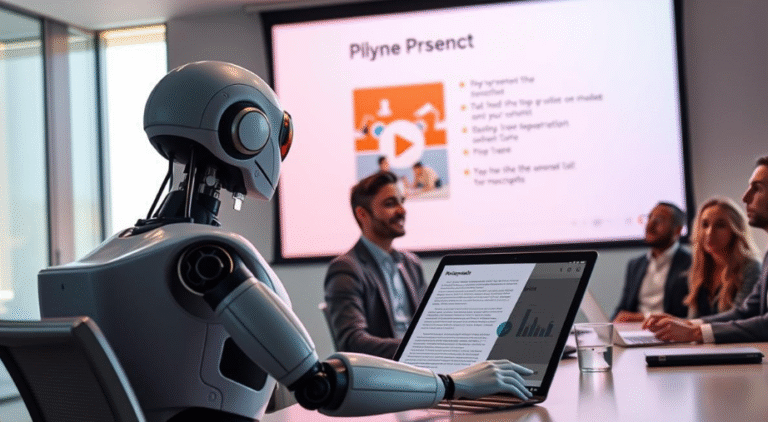How Machine Learning Is Transforming Healthcare
Machine learning is increasingly becoming integral to healthcare systems worldwide. Its applications range from improving diagnostic accuracy to personalizing treatment protocols. Advanced algorithms can analyze vast datasets, identifying patterns that human practitioners might overlook. However, the integration of these technologies is not without obstacles, including concerns over data privacy and potential biases in algorithmic decision-making. As the sector evolves, understanding the implications of these developments becomes crucial for shaping future healthcare practices.
Current Applications of Machine Learning in Healthcare
As healthcare systems increasingly integrate advanced technologies, machine learning has emerged as a pivotal tool in transforming various aspects of patient care and operational efficiency.
Current applications prominently feature predictive analytics, enabling healthcare providers to anticipate patient needs and optimize resource allocation.
Additionally, enhanced patient monitoring systems utilize machine learning algorithms to track vital signs in real-time, thus facilitating timely interventions and improving overall patient outcomes.
Enhancing Diagnostic Accuracy Through Advanced Algorithms
The integration of machine learning algorithms into diagnostic processes has the potential to significantly enhance accuracy and efficiency in identifying medical conditions.
By leveraging predictive analytics, these advanced algorithms can analyze vast datasets, improving clinical decision-making.
This shift towards personalized medicine allows for tailored treatments based on individual patient profiles, ultimately fostering a more precise and effective healthcare landscape, revolutionizing traditional diagnostic methodologies.
Challenges in Implementing Machine Learning Solutions
While the promise of machine learning in healthcare is substantial, several significant challenges impede its effective implementation.
Data privacy concerns complicate patient information handling, while algorithm bias can lead to inequitable treatment outcomes.
Additionally, integration hurdles between existing systems and new technologies persist, alongside stringent regulatory compliance requirements.
Addressing these issues is essential for harnessing machine learning’s full potential in healthcare settings.
The Future of Machine Learning in Medical Practice
Looking ahead, the integration of machine learning into medical practice promises to redefine patient care and operational efficiency.
By leveraging predictive analytics, healthcare professionals can anticipate patient needs and improve outcomes.
This shift towards personalized medicine will empower clinicians to tailor treatments based on individual patient data, fostering a more proactive approach in healthcare delivery and ultimately enhancing the patient experience.
Conclusion
In conclusion, the integration of machine learning into healthcare represents a profound evolution in patient care, subtly reshaping the traditional landscape. While challenges like data privacy and algorithm bias linger, the potential for enhanced diagnostics and personalized treatment is undeniable. As healthcare providers navigate this transformative journey, they must embrace the promise of innovation while remaining vigilant guardians of ethical practices. Ultimately, the embrace of machine learning is a gentle nudge toward a future where healthcare is both efficient and compassionate.





